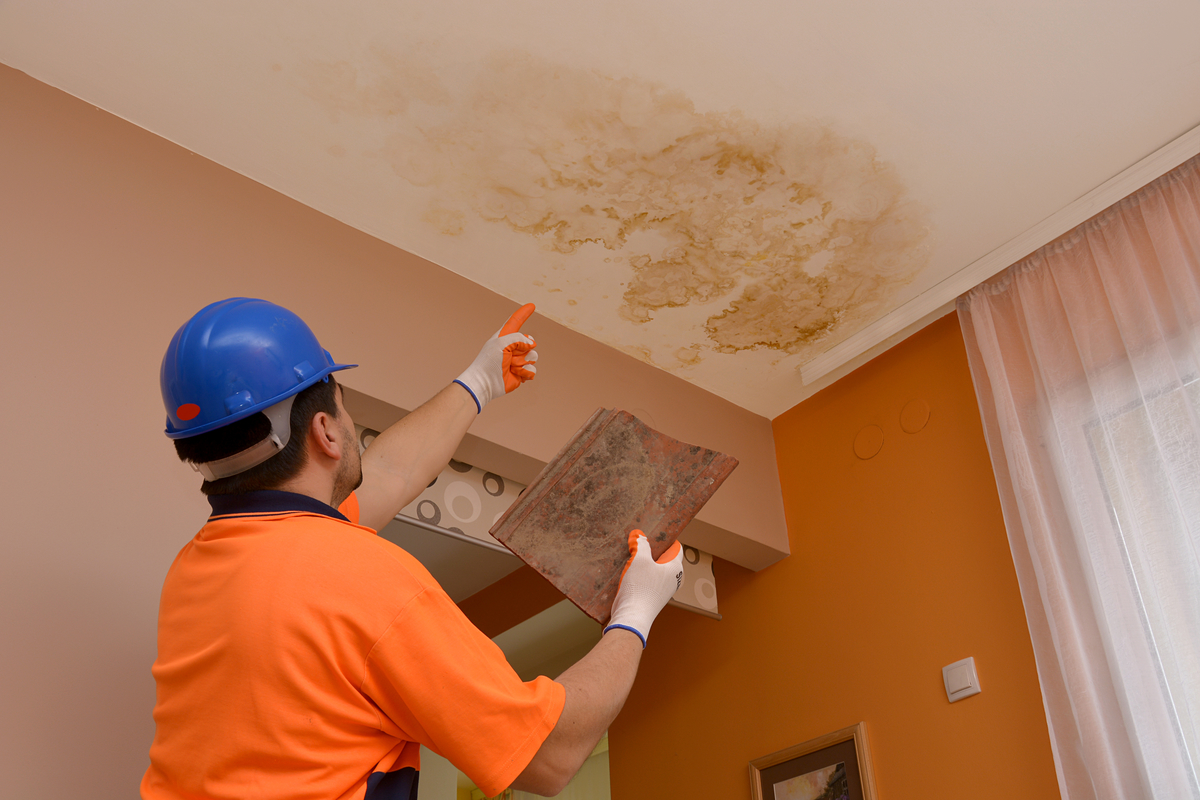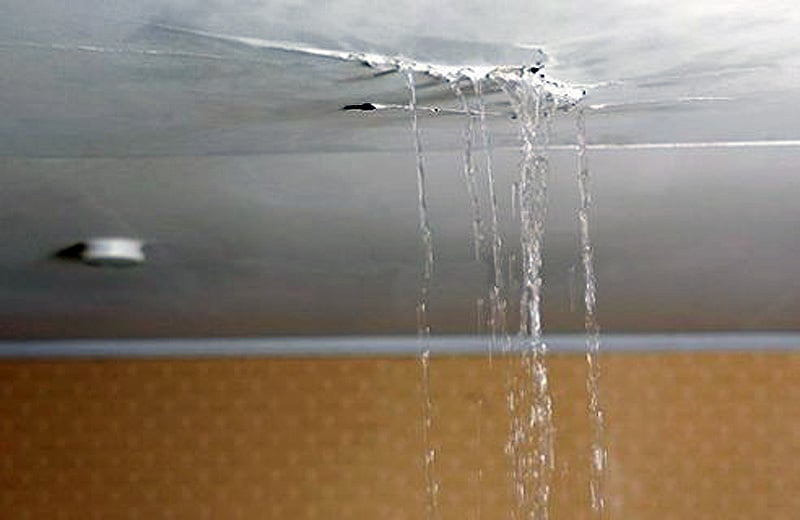Understanding What Leads To Water Seepage Occur So Often in Your Home
Visit HomepageRight here below you can locate a bunch of professional details regarding How Fast Water Damage Can Ruin Your Home.

Leaks not just create waste of water but can also trigger unneeded damages to your residence and promote unwanted organic growth. By comprehending as well as looking for day-to-day scenarios that create leakages, you can secure your house from future leaks and also unneeded damage.
Encroaching origins
Many water leakages start outside your home instead of inside it. If you see a sudden decline in water stress, state in your tap, take time to head out and also examine your backyard. You might discover wet patches or sinkholes in your lawn, which might suggest that tree origins are getting into water lines triggering water to leak out. You can have your plumber look for breach, especially if you have trees or shrubs near your building.
Corroded water systems
As time passes by, your plumbing system ages and also deterioration such as rust may begin gnawing the pipelines. This could be the source of discoloration or bending on your pipes. This asks for an inspection with your plumber right away. If our plumbing system is old, think about replacing the pipes since they are at a greater danger of corrosion than the more recent models.
Faulty Pipe Joints
The point at which your pipes connect is frequently the weakest link in the waterline. Pipe joints can deteriorate over time, resulting in water leaks. Unfortunately, most of pipeline joints are not quickly visible. If you have noisy pipelines that make ticking or banging noises, especially when the warm water is switched on, your pipe joints are probably under a great deal of pressure. It is advisable to have your plumber evaluate your system yearly.
Instantaneous temperature adjustments.
Extreme temperature changes in our pipes can cause them to expand and also contract unexpectedly. This development as well as tightening may create fractures in the pipelines, particularly if the temperature level are below freezing. If you maintained an eye on how your plumbing works, it would certainly be best. The presence of the previously pointed out circumstances often shows a high threat.
Poor Water Connectors
At times, a leakage can be caused by loose hose pipes and pipes that provide your appliances. In instance of a water connections leak, you might notice water running directly from the supply line or pools around your devices.
Clogged Drains
Blocked drains pipes could be aggravating and inconveniencing, but they can often wind up creating an overflow bring about burst pipes. Keep removing any materials that may go down your drains pipes that can obstruct them to stay clear of such aggravations.
All the above are causes of leaks yet not all water leaks result from plumbing leaks; some leakages could come from roofing leakages. All leaks ought to be fixed quickly to avoid water damage.
Leaks not only trigger waste of water yet can likewise create unnecessary damage to your house as well as promote undesirable natural growth. By looking as well as comprehending for day-to-day scenarios that create leaks, you can shield your house from future leakages and unnecessary damages. Today, we will certainly look at six leak creates that might be causing your pipelines to trickle.
At times, a leakage can be caused by loose pipes and also pipelines that provide your appliances. In situation of a water connections leak, you may observe water running straight from the supply line or pools around your devices.
How To Check For Water Leak In Your Home
How To Check for Leaks
The average household's leaks can account for nearly 10,000 gallons of water wasted every year and ten percent of homes have leaks that waste 90 gallons or more per day. Common types of leaks found in the home are worn toilet flappers, dripping faucets, and other leaking valves. These types of leaks are often easy to fix, requiring only a few tools and hardware that can pay for themselves in water savings. Fixing easily corrected household water leaks can save homeowners about 10 percent on their water bills.
To check for leaks in your home, you first need to determine whether you're wasting water and then identify the source of the leak. Here are some tips for finding leaks:
Take a look at your water usage during a colder month, such as January or February. If a family of four exceeds 12,000 gallons per month, there are serious leaks.
Check your water meter before and after a two-hour period when no water is being used. If the meter changes at all, you probably have a leak.
Identify toilet leaks by placing a drop of food coloring in the toilet tank. If any color shows up in the bowl after 10 minutes, you have a leak. (Be sure to flush immediately after the experiment to avoid staining the tank.)
Examine faucet gaskets and pipe fittings for any water on the outside of the pipe to check for surface leaks.
Undetected water leaks can happen without the home or business owner even realizing. If you suspect a water leak, but not able to find the source. It is time to contact a professional water leak detection service, The Leak Doctor.
How To Find a Water Leak In Your Home
https://www.leakdoctor.com/blog/How-To-Check-For-Water-Leak-In-Your-Home_AE197.html

I found that review about How to detect water leaks in your home while perusing the search engines. Appreciated our entry? Please share it. Help someone else discover it. Thanks a lot for going through it.
Request immediate service.